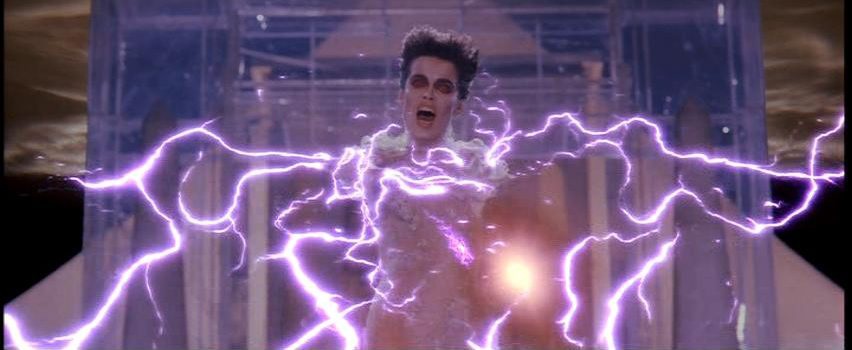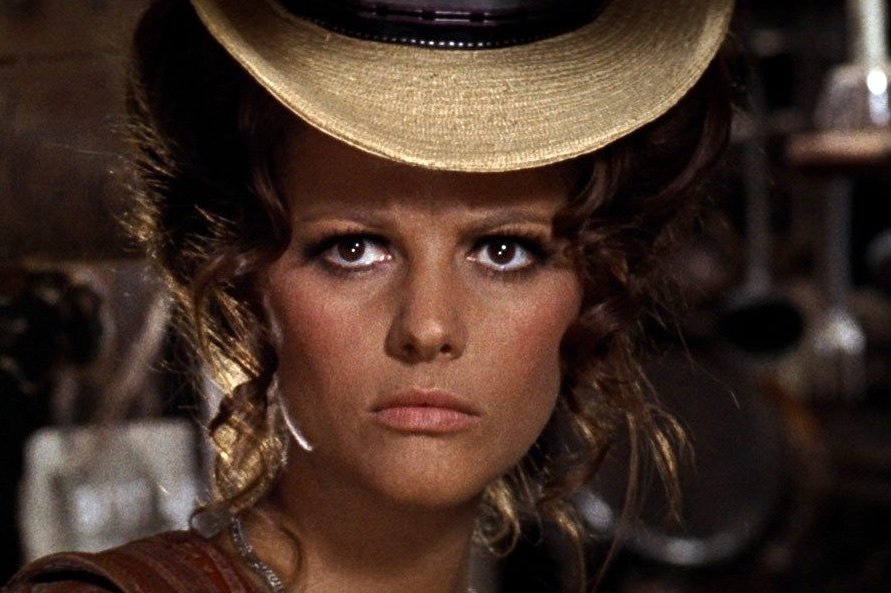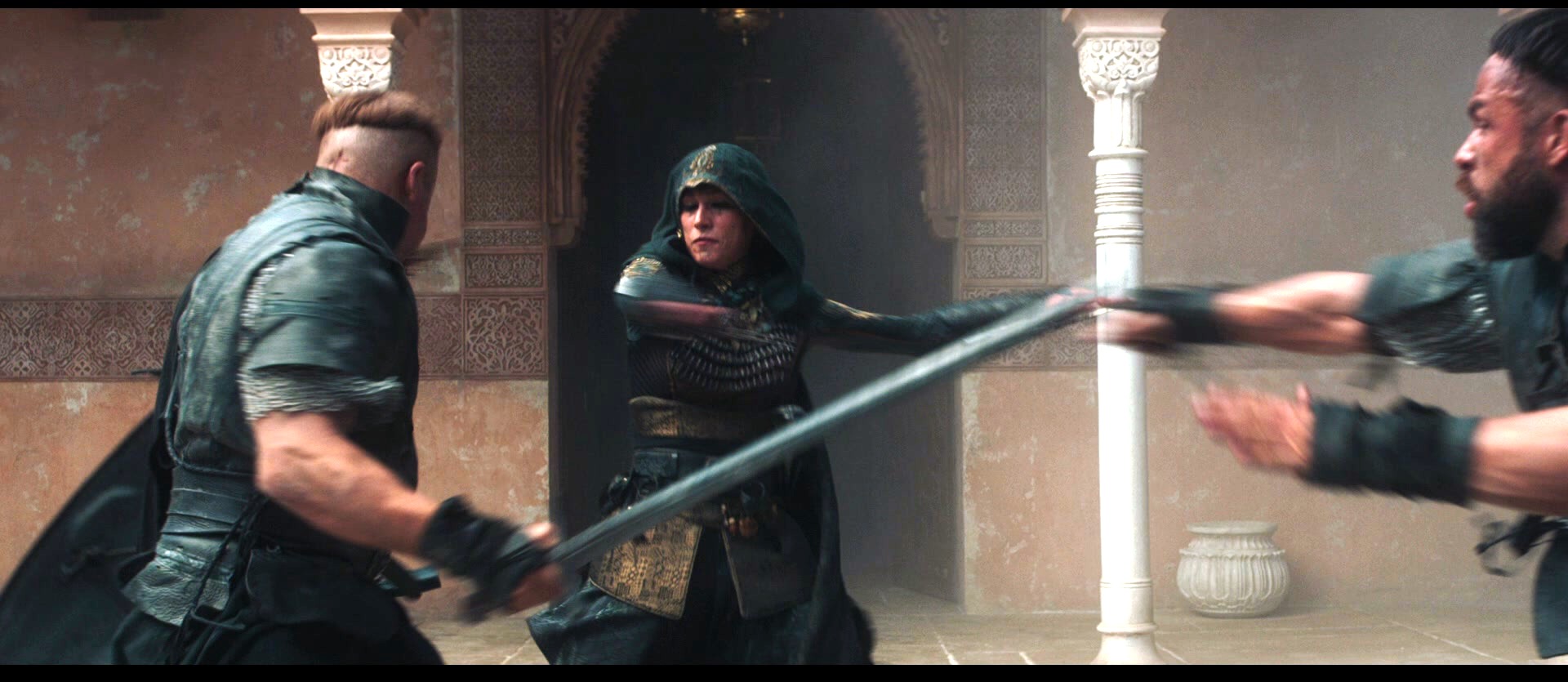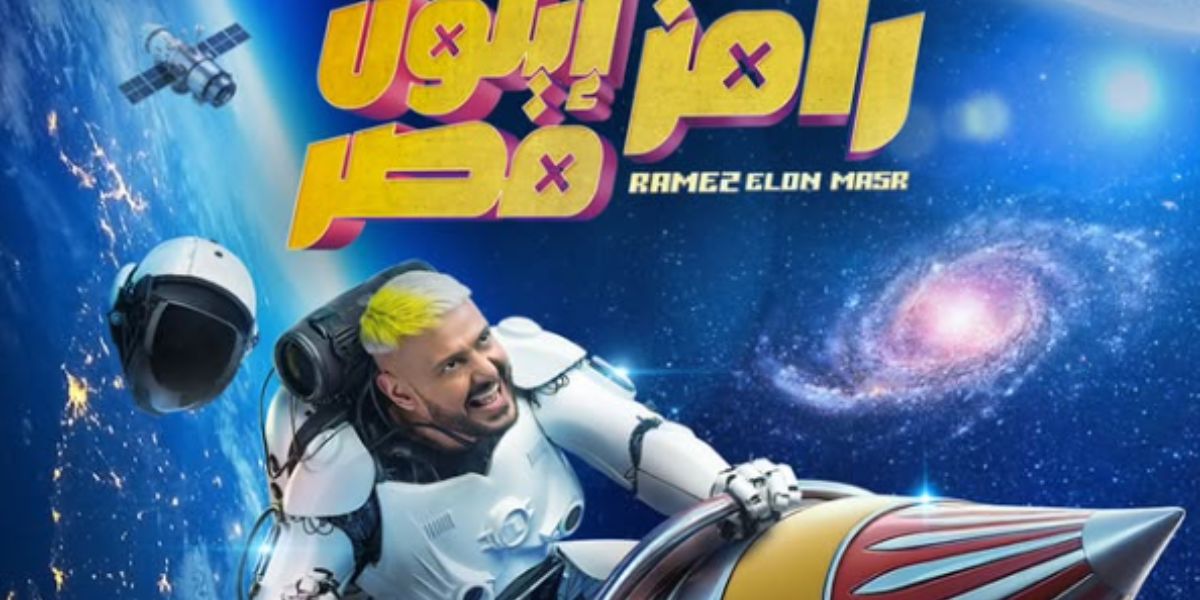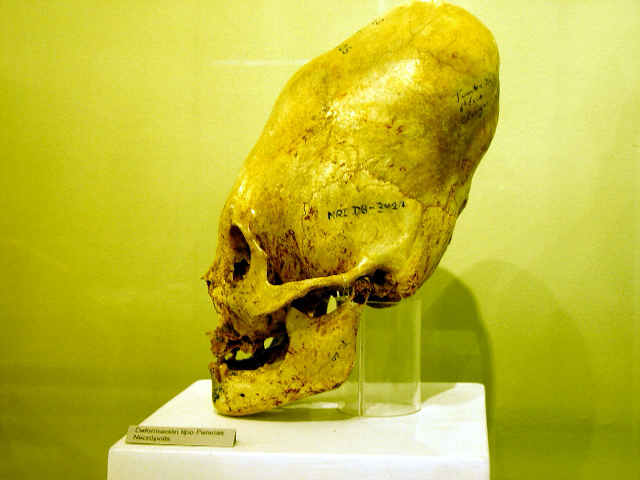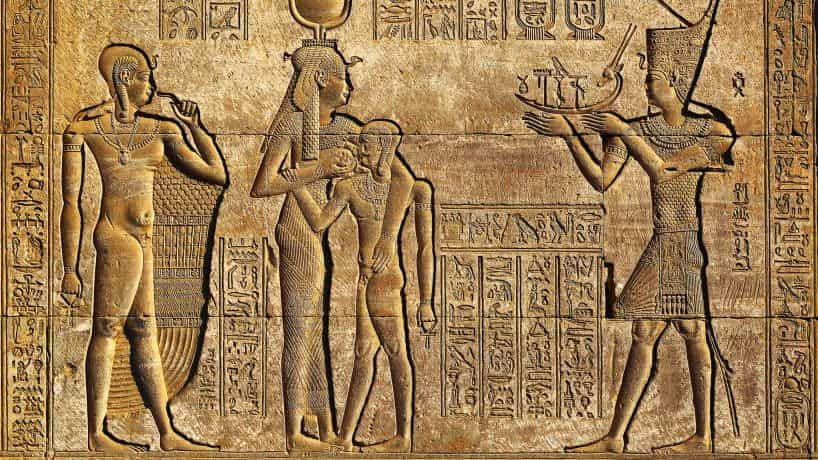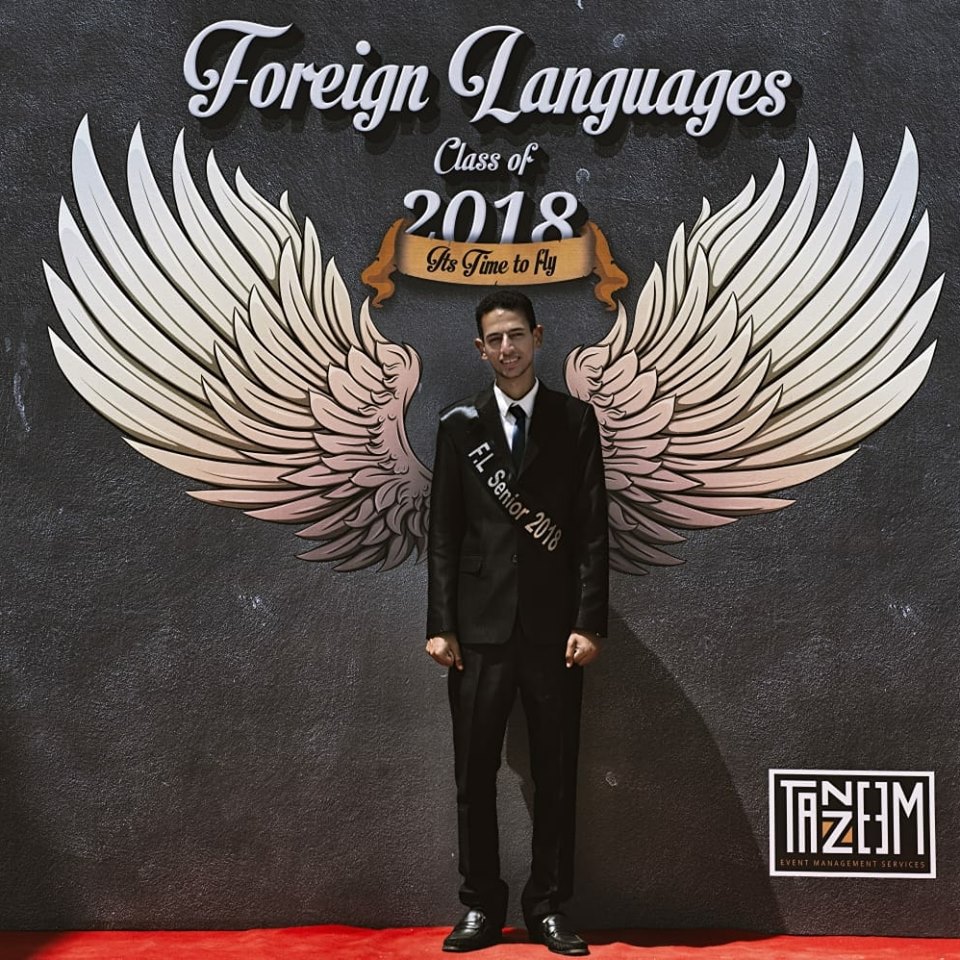
Ammar’s Atlantis trilogy was reviewed in this segment before, so it seems natural to talk about his latest instalment - The Great Game (2024). The title is a dead giveaway, a borrowing from Kim (1904), Rudyard Kipling’s novel of intelligence intrigue between Russia and the British Empire in Central Asia; also used to describe Afghanistan and the Caucuses.
By Emad Aysha
Here, it’s the contested planet Ghlizan, with the human heroes from the original trilogy now on their secret mission—looking for the pearl-like orb that gave the world of Atlantis all its power and prosperity. Earth is an ash heap thanks to the machinations and counter-machinations of the Inex civilisation and the Atlantian despot Gaia, and the human heroes want to rebuild their lost world with the orb.
However, they are not on Ghlizan to help the natives who are quaking under the occupation of the Franx empire, a resource war caused by a hyperactive nation desperately trying to pay off its debts. The Inex are hot on their tails, as is Gaia’s son, who sees the orb as belonging to him by birthright. It's a recipe for disaster, but things work out surprisingly well by the end.
Apart from all the innocent bystanders who get killed. But let’s begin with what I don’t like about the novel. It’s too damn long and detailed and full of revelations and plot twists. These are the same complaints I had about the third Atlantis novel, which felt like three novels squeezed into one.
This stands to reason since it retconned the previous two, which were streamlined and funky, with well-paced, exhilarating action scenes, too. Here, it takes three chapters for somebody to die, with an extra chapter thrown in as a flashback sequence.
Another albatross here is world-building. I’ve quizzed Ammar about this repeatedly. He explained that he wanted to bring back the old world of chivalry and swashbuckling so you don’t have aircraft, spaceships, drones and satellite surveillance in critical conflict scenarios.
So be it. And I suppose you can’t criticise a writer for being over- (as opposed to under) creative.
Now for the positives. It’s a beautifully imagined interstellar world with incredibly colourful civilisations, exotic landscapes, people, animals, and plants—even more so than the previous novel's Tolkein-type landscape.
There’s the Ghlizan Tree of Knowledge, an actual tree that is their storehouse of memories – an archive and library of the whole planet’s history, something the Franx are adamant about erasing. There are sentient beings with golden fur that look like deer that resistance fighters ride into battle. There’s the wondrous mobile city of the Amir/resistance leader, who gets betrayed by self-interested tribesmen. (Hint, hint).
The admixture of old and new weapons is cool, too, such as swords that can cause whirlwinds and the evil Franx general who uses a paintbrush to create weapons out of thin air, depending on his combination of colours.
This is theological, too, since the general is an avowed atheist and sees the Big Bang as being like a giant paint explosion and sketch drawing, making him into a kind of de facto god who ‘creates’ through his machinations in the place of the absent God as he sees it.
He even tells Nour (the Egyptian hero who is a thinly disguised Ammar) that the Ghlizanians, like all beings, are just gathered together stardust but lower down the evolutionary ladder.
Nour retorts that we were all created equal by the same animating spirit, God, which is the whole message of the novel and its most endearing feature. When he meets some Ghlizan children, Nour tells them that humans mistakenly thought they were the centre of the universe—until they were invaded after discovering extraterrestrial life.
Yet, amazingly, in this novel, almost everybody starts out a monotheist. The Ghlizanians are good religious people, and the Franx started as monotheists. Then, their philosophers rebelled against the tyranny of the clerics and the aristocrats and how backward their world had become.
And you have the Japanese monk-samurai, too, who is a devout Buddhist. Initially a Yakusa enforcer, it turns out, he redeemed himself like many others. Every man of faith, as long as he is ethical, is praised, and even bad guys are given a chance to mend their ways.
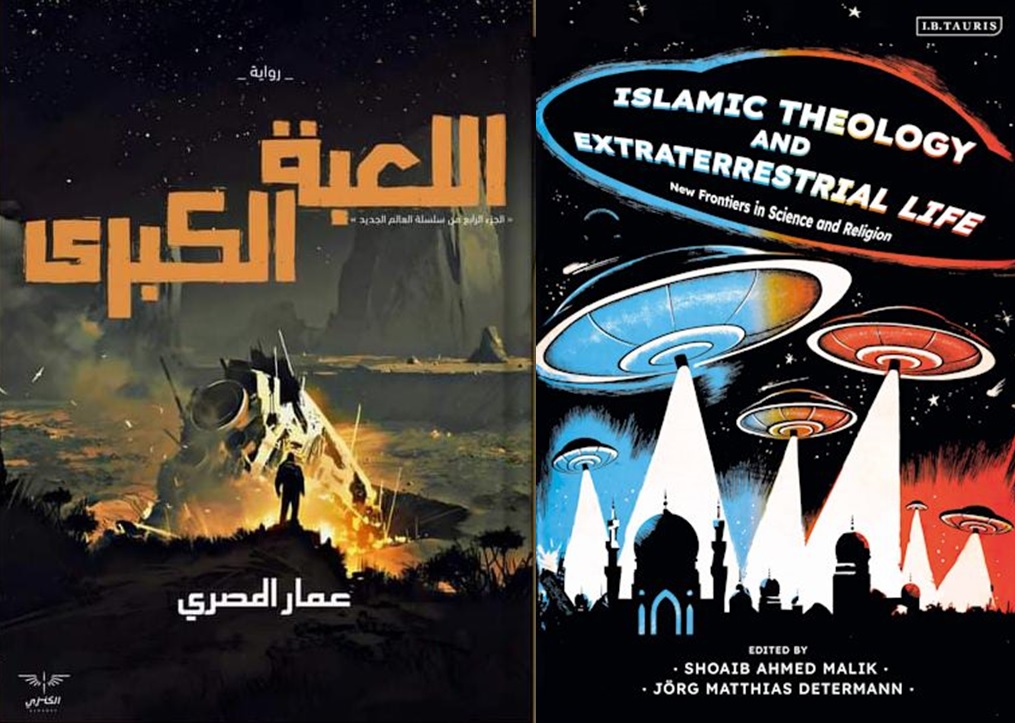
PEAS IN A POD: 'The Great Game' on the left and a study on Islamic exotheology on the right. Thank heavens Ammar didn't take the jingoistic route and have pyramids and pharoahs in outer space!
The top Franx general insists on a fair fight against the Amir, even wounding himself on an equal footing with his (back-)stabbed opponent.
He hates treason, too. (You’d think the makers of Dune parts one and two would have figured out how to recreate people in line with their weapons. The whole point of Frank Herbert’s novel!)
Another general who delights in burning villages to the ground didn’t start badly but was rejected by his pompous father for having genetic deformities and then handed over to an equally cruel farmer and then to an even more cruel religious school.
One Egyptian hero takes up his genes and so sees and feels what he’s gone through. This gives us, as Egyptian, Arab, and Muslim SF writers, more cosmopolitan credentials than anyone else, and this from very conservative Muslim authors.
This pan-galactic humanism drives the human heroes to go along their redemption arc and join the Ghlizanian cause. The real key to tolerance is humility, seeing yourself as unimportant and then seeing yourself through somebody else’s eyes.
I’ve said it once and will repeat it – Islam is not an anthropocentric or anthropomorphic religion. Hence Islamic Theology and Extraterrestrial Life: New Frontiers in Science and Religion, edited by Jörg Matthias Determann and Shoaib Ahmed Malik.
We have so much to offer the sci-fi world, so please see my chapter in the exotheology book (pp. 205-230)!

